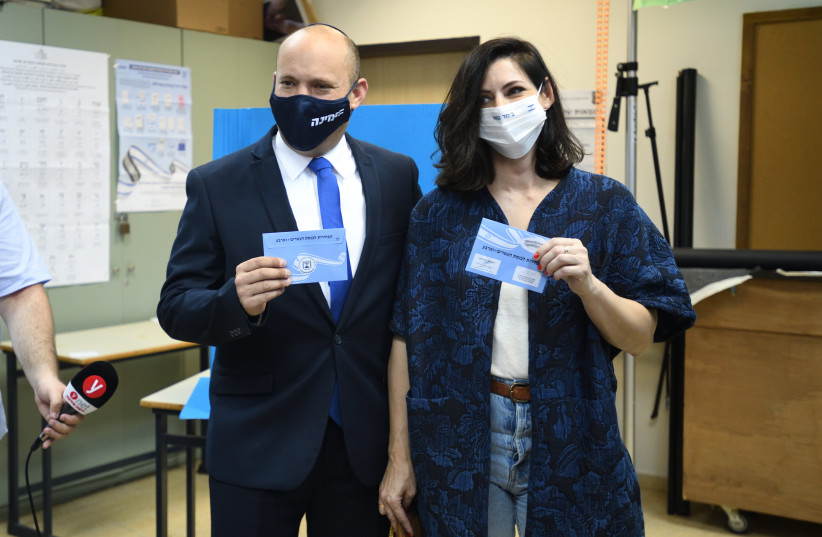State Comptroller Matanyahu Englman criticized the Central Elections Committee in his report released on Tuesday for the massive increase in spending on overseeing the past three elections and ensuring that they would be run cleanly.
The budget for oversight of polling stations tripled over the past three elections, from some NIS 17m. to NIS 51m. as the number of election oversight clerks grew from 2,873 for the election of September 2019, to 4,847 for those held in March 2020l, to 11,633 for the last poll in March 2021.
“The office of the Comptroller praised the Central Elections Committee for running an election successfully during a pandemic,” the report said. “But the committee made decisions about election oversight without having all the relevant data about how much it would cost and how effective the project was.”
The comptroller also found that in the most problematic polling stations there was a greater rate of the clerks not showing up and not figuring out how to use the app they were supposed to use. He added that unauthorized people used cameras in polling stations.
“If it is decided to form an oversight unit, its authority must be verified, including who can take pictures in polling stations, and that must be set in legislation on the basis of professional work,” the comptroller wrote.

A spokesman for the Central Elections Committee said some of the rise in costs came from one-time expenses, such as cameras that will be used in future elections, and some of the increase came from the difficulty in assessing how many polling stations would be needed during the COVID-19 pandemic. Purchases of cameras from abroad and hiring was based on 15,000 polling stations, when in the end there were only 13,240.
He said the project began with elections for the 22nd Knesset at a limited number of polling stations and by the election for the 24th Knesset, which took place during the pandemic, it was expanded to all the polling stations.
“The oversight project has been deservedly praised,” the committee spokesman said. “This is a project that proved itself as necessary due to the complicated situation that accompanied holding four elections in quick succession, while there were constant attempts to persuade the public to question the elections and their results. The committee disagrees with the results of the comptroller’s report and maintains its stance as presented to the comptroller that there is no doubt about the project achieving its goals and succeeding beyond all expectations.”
